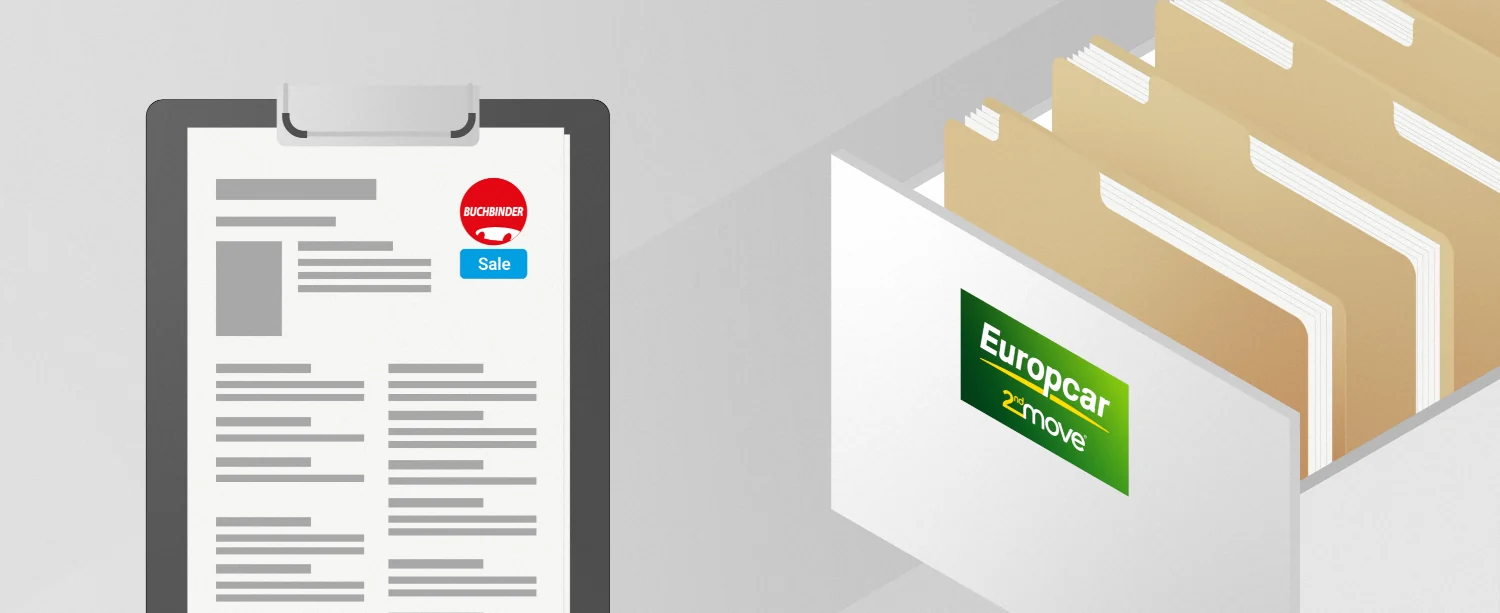Currently, the proportion of online and stationary sales is still balanced. However, as in so many industries, the trend shows a development towards digitization. This change has drastic effects on the classic car dealerships. From 1999 to 2020, the number of employees in German car dealerships fell from 531,000 to 436,200. That is 94,800 employees (around 18 percent) fewer. In the US, buying cars online has already become a habit, and car dealerships are gradually disappearing from the scene.
The problems start with your own website
The former figureheads of the car trade seem to have a hard time with digitization. Although individual companies have made progress in recent years, it is clear that many of them are having difficulties in developing a consistent digital strategy. Many car dealerships lack the core elements of digitization. It begins with often non-existent, up-to-date websites for representation on the net. The differences between individual houses are significant in terms of digital visibility.
It is noticeable that car dealership chains in particular present themselves more professionally and digitally. Businesses that depend on major car brands such as VW or Mercedes are better able to adapt to the changes. Because the big brands have long been aware that a well-designed digital strategy can attract many new and especially younger customers.
According to a survey by TÜV Nord, 54 percent of the customers surveyed stated that they obtained information from the retailers' websites before making a purchase. So more than half rely on an attractive website to select their new car. The growing need to make a selection on the Internet before the actual purchase makes a well-designed and customer-friendly website crucial for the purchase decision. With relatively little effort, an enormous competitive advantage can be generated.
Enable purchase processing and financing with just a few clicks
In addition to classic online marketing, the Internet presence has other important advantages. Simplifying things is the motto. Mercedes, for example, has set itself the goal of speeding up the purchase process. By 2025, buying a car should be possible within five clicks and leasing and financing within three clicks on the website. It currently takes ten clicks.
Contact with existing customers will also change in the future. Online appointment scheduling and online customer meetings can reduce effort and improve the customer experience. Stationary offers such as repairs and service, which are still relevant, complement the portfolio.
What is technically possible for car dealerships is demonstrated by the DAT company with its SilverDAT program. Various services are intended to make everything related to the car more efficient. SilverDAT makes it possible, among other things, to have used cars valued and to estimate the remaining price in advance. A damage identification with the help of AI and a repair cost calculation is also offered. In this way, new customers can be won for the in-house workshops and spare parts can be ordered easily and quickly from a digital catalogue.
An example of this is Volkswagen. The company has developed an interface between its electronic spare parts catalog (ETKA) and SilverDAT. Volkswagen Group dealers can now digitally analyze the damage and then order parts from the ETKA. This should save up to 60 minutes per customer. SilverDAT also has seven additional features that car dealerships can use. The promise is: "Access neutral, precise and reliable data directly from the car manufacturer and professionalize your automotive company."
Car dealerships are currently under pressure, but they are justified because customers will continue to come to the car dealerships. In addition to the necessary service, a personal visit is still a decisive purchasing factor for 55 percent of customers. The car dealerships are also still essential for car manufacturers, since repairs, service and the sale of spare parts generate lucrative sales. However, the industry must adapt promptly and recognize digitization as an opportunity for marketing and efficiency in customer relationships. The increased focus will have to be on the expansion of digital structures so that car dealerships do not oversleep the change.
 To register, you will be redirected to the Europcar 2ndMove website. After registering, you can log in to Buchbinder-Sale.de.
Next
To register, you will be redirected to the Europcar 2ndMove website. After registering, you can log in to Buchbinder-Sale.de.
Next
 To register, you will be redirected to the Europcar 2ndMove website. After registering, you can log in to Buchbinder-Sale.de.
Next
To register, you will be redirected to the Europcar 2ndMove website. After registering, you can log in to Buchbinder-Sale.de.
Next






 Registration
Registration  Login
Login All vehicles
All vehicles  Direct Sale
Direct Sale
 Auctions
Auctions
 Service
Service
 Company
Company
 My Area
My Area 
